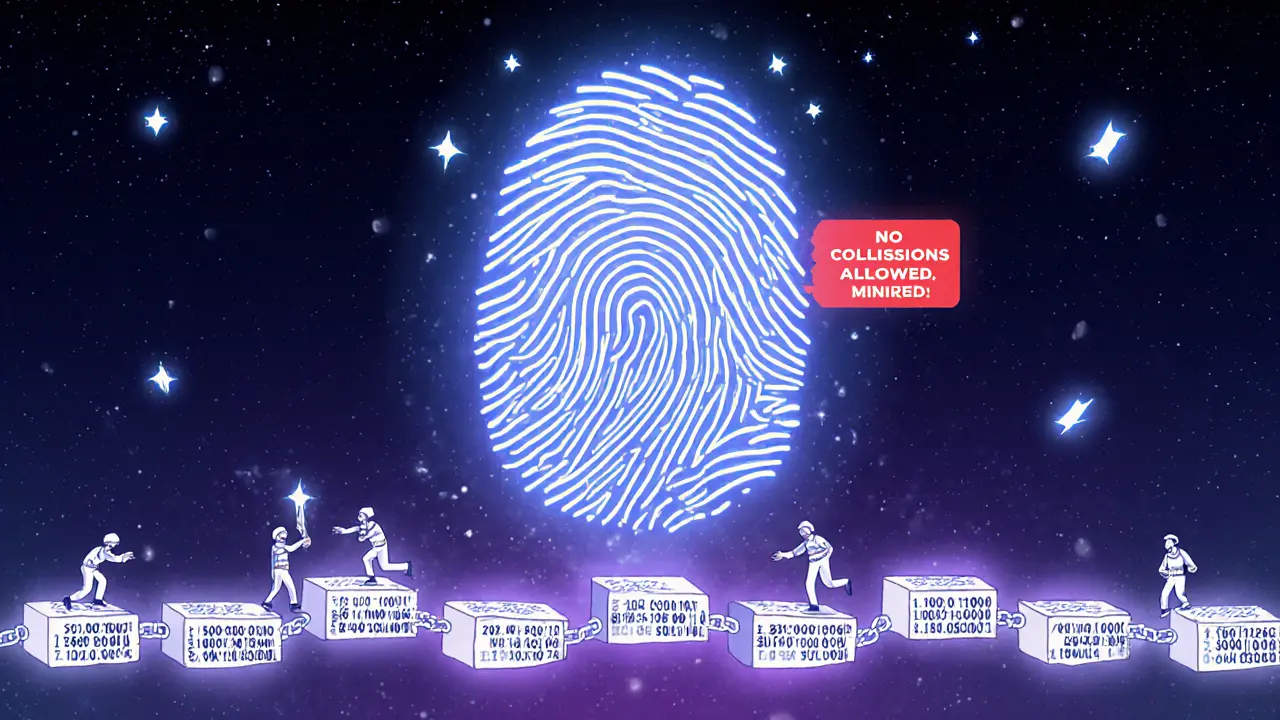Blockchain Security: How to Protect Your Crypto from Hacks, Scams, and Regulations
When you hold crypto, you’re not just storing value—you’re managing a digital asset that can be stolen, frozen, or erased. Blockchain security, the practice of protecting decentralized networks, wallets, and transactions from theft and manipulation. It’s not just about strong passwords—it’s about understanding who controls your assets and how systems can fail. Unlike banks, there’s no customer service to call if your keys are lost or your exchange gets shut down. That’s why knowing how crypto security audits, professional reviews of smart contracts and code to catch vulnerabilities before they’re exploited work isn’t optional. A $1,000 audit might save you from losing $1 million.
Crypto regulations, government rules that force exchanges, businesses, and users to follow strict rules on KYC, taxes, and reporting are changing fast. Vietnam fines businesses for accepting Bitcoin. South Korea blocks foreigners from trading. The Philippines froze $150 million in assets from unlicensed platforms. These aren’t edge cases—they’re warnings. If you’re using a DeFi exchange like dYdX or Voltage Finance, you need to know it’s not truly decentralized if it blocks users in the U.S. or UK. Decentralized exchange security, the real-world risks of platforms claiming to be trustless but still enforcing geographic bans or holding user funds is a contradiction many ignore until it’s too late.
And it’s not just about exchanges. Blockchain data integrity, the use of immutable ledgers to verify that data hasn’t been tampered with, especially for AI systems or financial records is why some projects track asset ownership on-chain. But if a token like LOX or MYB has zero trading volume and no real users, its blockchain record is just a ghost ledger. Scammers know this. They create fake airdrops, pretend to be legitimate projects, and rely on your lack of due diligence. The same tools that make crypto secure—public keys, smart contracts, consensus mechanisms—are the same ones scammers exploit when you skip the basics.
What you’ll find here isn’t theory. These are real stories: the $300,000 audit that saved a DeFi protocol, the Vietnamese business that got fined for taking Bitcoin, the Nigerian miner stuck without power and licenses, the $150 million in frozen assets in the Philippines. This isn’t about hype. It’s about survival. If you’re holding crypto, you’re already in the game. Now learn how to play it safely.

